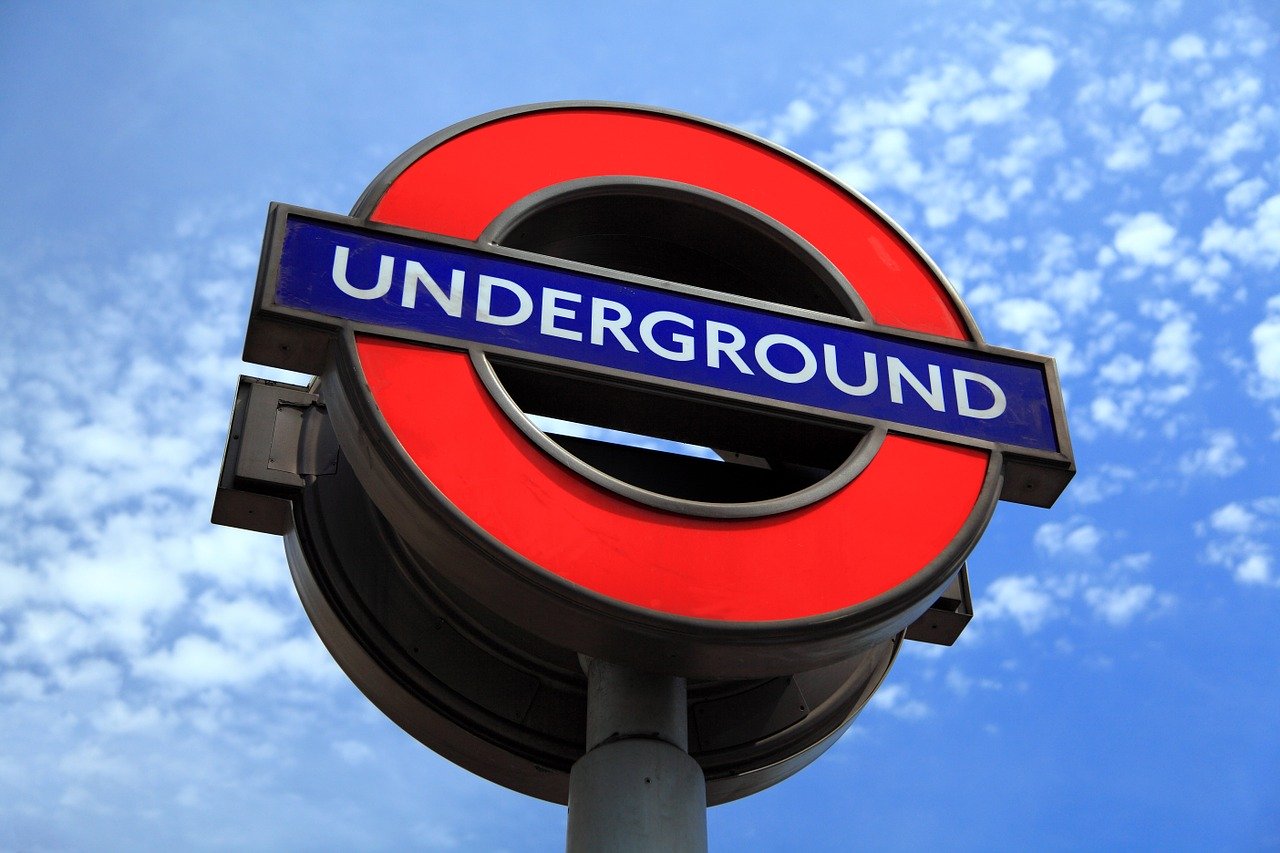Transport for London’s funding model is “completely broken” – and the Government must ensure the network is prepared for an uncertain future as lockdown eases, the Deputy Mayor for Transport has said.
Heidi Alexander accused ministers of playing political games ahead of next year’s Mayoral election by imposing stringent conditions as part of a TfL bailout last month.
Central Government handed the London’s transport authority £1.6 billion to keep trains and buses running till October – with the deal agreed just hours before TfL ran out of cash.
The Department for Transport said in return fares must rise next year – already an assumption in the network’s business plan.
Free journeys for older residents have also been reduced, and free travel for children will now be temporarily cut, under the terms of the deal.
This last condition was added just days before the agreement was signed off, Ms Alexander revealed.
The Deputy Mayor was alerted to Government plans in an email “around midnight” on Monday 11 May – with the deal agreed on Thursday that week.
“I was angry and disappointed by the political conditions that were crowbarred into the agreement at the last minute,” she told the London Assembly transport committee.
“Londoners have done the right thing and stayed at home – as a consequence, fare income dropped by 90%.
“You don’t have to be a trained accountant to work out that if fares and other commercial activity make up 80% of your day-to-day running budget, you’ve got a problem when you only have 10% of that coming in,” she added.
NOW READ: 80% wear face masks on Tube on first day of new law
The Deputy Mayor accused ministers of “settling old political scores in the middle of a global pandemic”, and claimed the forthcoming Mayoral vote could be a motivation.
Labour Mayor Sadiq Khan is leading the race for City Hall: the last poll, in early March, showed 49% of Londoners plan to support him, with Conservative candidate Shaun Bailey on 24%.
Independent Rory Stewart, who then commanded 13% of the vote, has since dropped out.
But critics of the Mayor say the Government’s bailout conditions for TfL reflect the poor state of the network’s finances before the virus.
Speaking at the time of the deal, Mr Bailey blamed the “profligate Mayor” for “structural flaws within TfL’s balance sheet”.
Conservative Assembly member Keith Prince criticised Ms Alexander for bringing party politics into the funding agreement.
The Deputy Mayor said she hopes future negotiations – which will decide TfL’s finances beyond October – can be conducted in a “more constructive” way.
There is an “urgent need” for long-term funding, as it is impossible to know how many people will return to regular commuting as lockdown eases, or how quickly she said.
“The way in which people travel around our city will change as a result of this crisis,” she added.
“People’s lives have changed. Their expectations have changed too, and we are not out of the woods yet.”
The Department for Transport was approached for comment.
For the latest headlines from the City of London and beyond, follow City Matters on Twitter, Instagram and LinkedIn.








